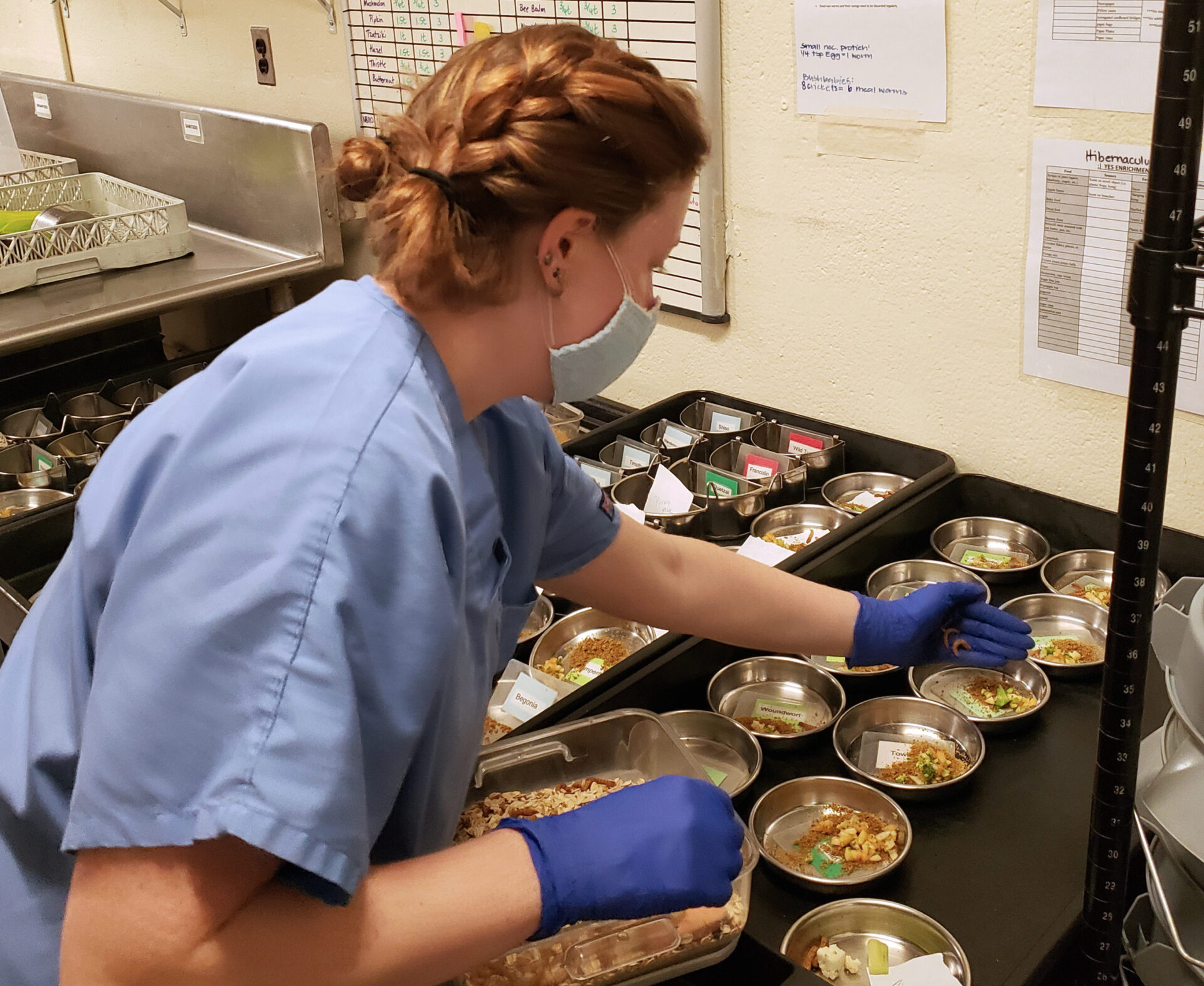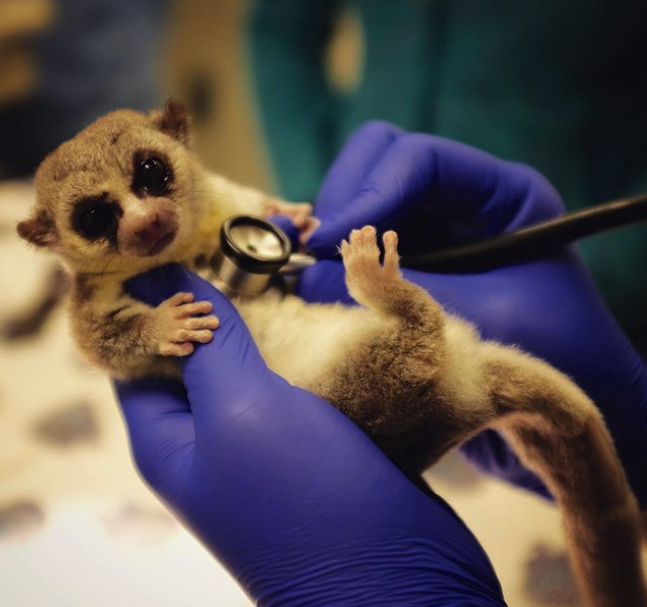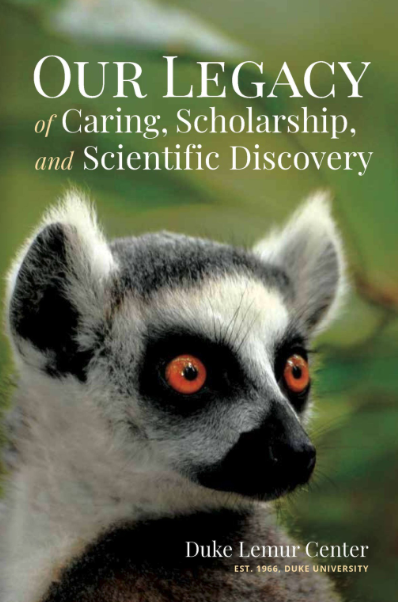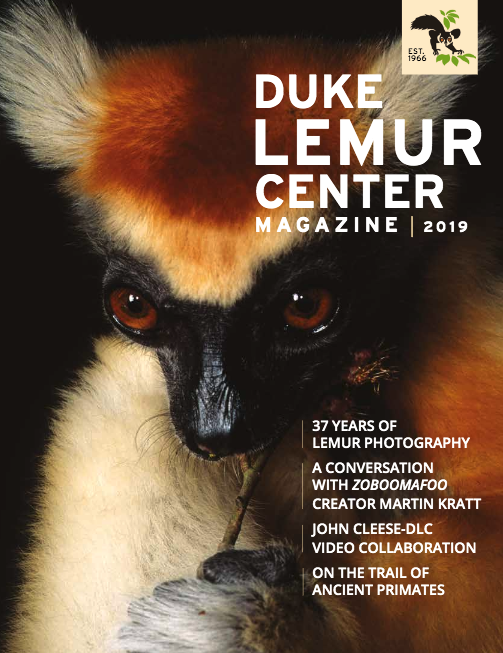INFANT ANNOUNCEMENT: Meet Terence and Didius, nephew and grandson of Zoboomafoo!
Media Inquiries: Please email sara.clark@duke.edu for images and video. Lemurs are Earth’s most threatened group of mammals — and sifakas are among the most threatened lemurs of all. At the Duke Lemur Center, we’re excited to announce that this winter, the population of these critically endangered primates has increased by an additional TWO! “The arrivals […]








